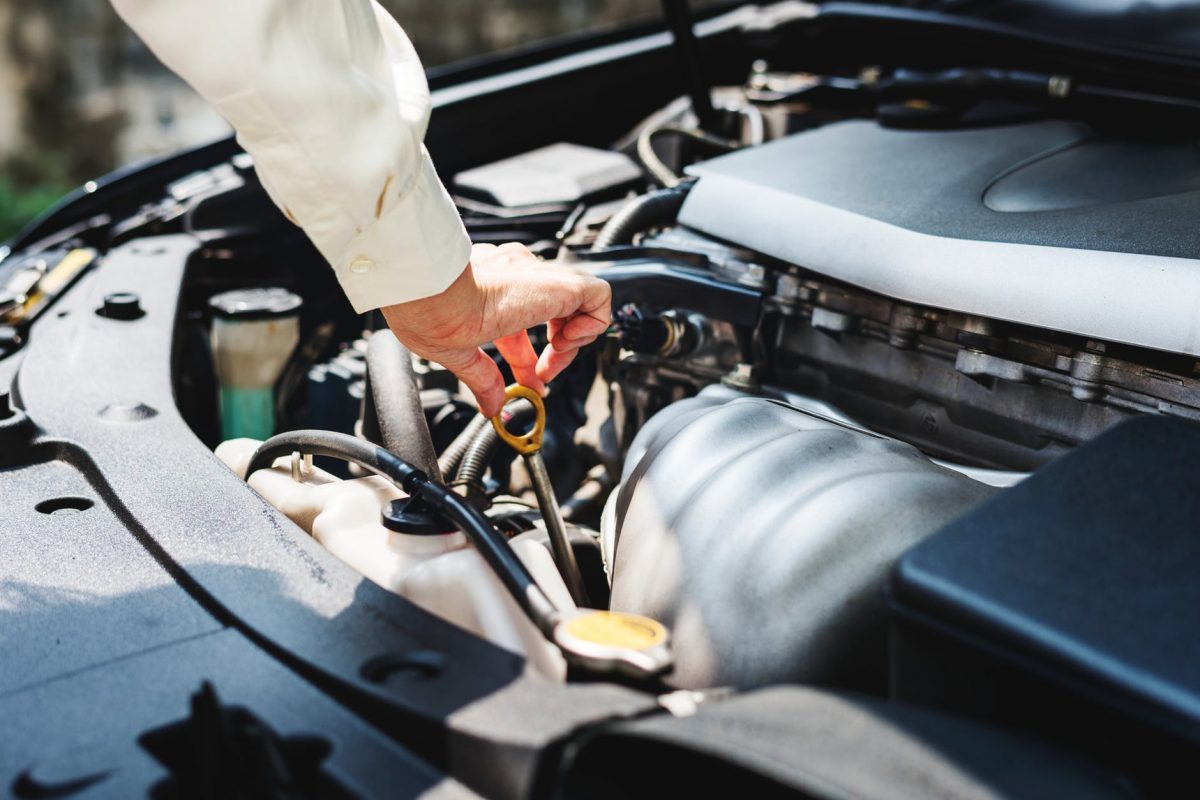If you have a luxury car like BMW, Audi or Mercedes Benz, you likely bought it for its high-end performance, luxury and comfort. You also likely want to keep up with all those benefits over the years, which is why regular maintenance is essential. European-made vehicles are finely-tuned machines that require specific, regular service to ensure a high level of performance over time.
The two most important components in any European-made car are the transmission and the engine. Check out these maintenance tips that you can follow to make sure your BMW or other European vehicle treats you well for years to come.
1. Keep an Eye on the Cooling System
As your engine burns fuel, it also produces high amounts of internal heat. This is the purpose of the cooling system: to make sure the engine doesn’t overheat. To do this, it moves antifreeze from the engine to the radiator. However, the engine can get too hot and overheat if the cooling system isn’t working properly. Your engine can suffer significant damage if allowed to overheat, so be sure to ask your mechanic to check it for leaks and coolant levels. Most cases of overheating engines are due to coolant leaks.
2. Check the Oil
Getting regular oil and filter changes and checking the levels every so often are two important tasks. With so many moving parts, your engine needs the proper lubrication from high-quality oil. However, the quality of that oil degrades and fills with dirt and debris over time with the more driving you do. The debris buildup makes it more of a challenge to keep the engine lubricated properly.
If you continue to drive around with old oil, your engine will suffer. The check engine light will likely come on, or you may experience a rough idle. Either way, make it a point to check the levels with a dipstick regularly.
3. Clean the Transmission
Dirt, fluid and grime build-up can cause issues with your transmission. When you take your vehicle in for service, make sure your technician cleans and removes that dirt and sludge, as well as cleans the transmission pan, gasket, transmission case, and sealing surface while mopping up any excess fluid that has dripped onto the exhaust system.
4. Replace the Transmission Pan Gasket
Another part in the transmission maintenance protocol is to replace the pan gasket. This component wears and cracks with time, leading to leaks of your transmission fluid. When you have a loss of transmission fluid, you’ll find it more difficult to shift the car properly. If left unaddressed, mechanical problems can result. This doesn’t always mean you need a total replacement. If your existing pan gasket is made from high quality materials, has no damage and can be reused, you can clean it off and reinstall it. If it’s damaged or low in quality, have your local professional completely replace it.
The Difference Between Maintenance and Regular Service
They may sound similar but they actually have a couple of key differences.
- Preventative maintenance: This is the awareness of any possible failures of a vehicle as well as its mechanical system, while taking a proactive stance in protecting those systems.
- Scheduled service: This is a schedule crafted by the manufacturer that shows recommendations to the vehicle owner of when to expect a service to be performed. This is usually based on a predetermined mileage range, affecting anything from spark plugs to timing belts to filters.
While some schedules are specific to certain makes and models of European cars, others are fairly standard across the board, such as:
- Brake fluid: Change it every 20,000 to 30,000 miles, or every two to three years.
- Antifreeze and coolant: Have it flushed every three years or 40,000 miles, or whenever a part in the coolant system is replaced.
- Transmission fluid and filter: According to the manufacturer’s recommended time frame, usually every 30,000 miles.
- Power steering fluid: According to the manufacturer’s recommended time frame, usually every couple of years.
In the end, it’s important to keep up a conversation with your local mechanic skilled in European car maintenance. They can let you know exactly when you need to bring your car in for service.
Contact Hance’s European
The mechanics at Hance’s European know your type of car inside and out. We service BMWs, Land Rovers, Jaguars and so many more every day. We know the value of regular maintenance – it’s crucial to ensuring your engine keeps purring year after year. To schedule service, contact us in Dallas at 214-761-3247.


 BMW
BMW Mercedes
Mercedes Jaguar
Jaguar Land Rover
Land Rover Volkswagen
Volkswagen Porsche
Porsche Audi
Audi